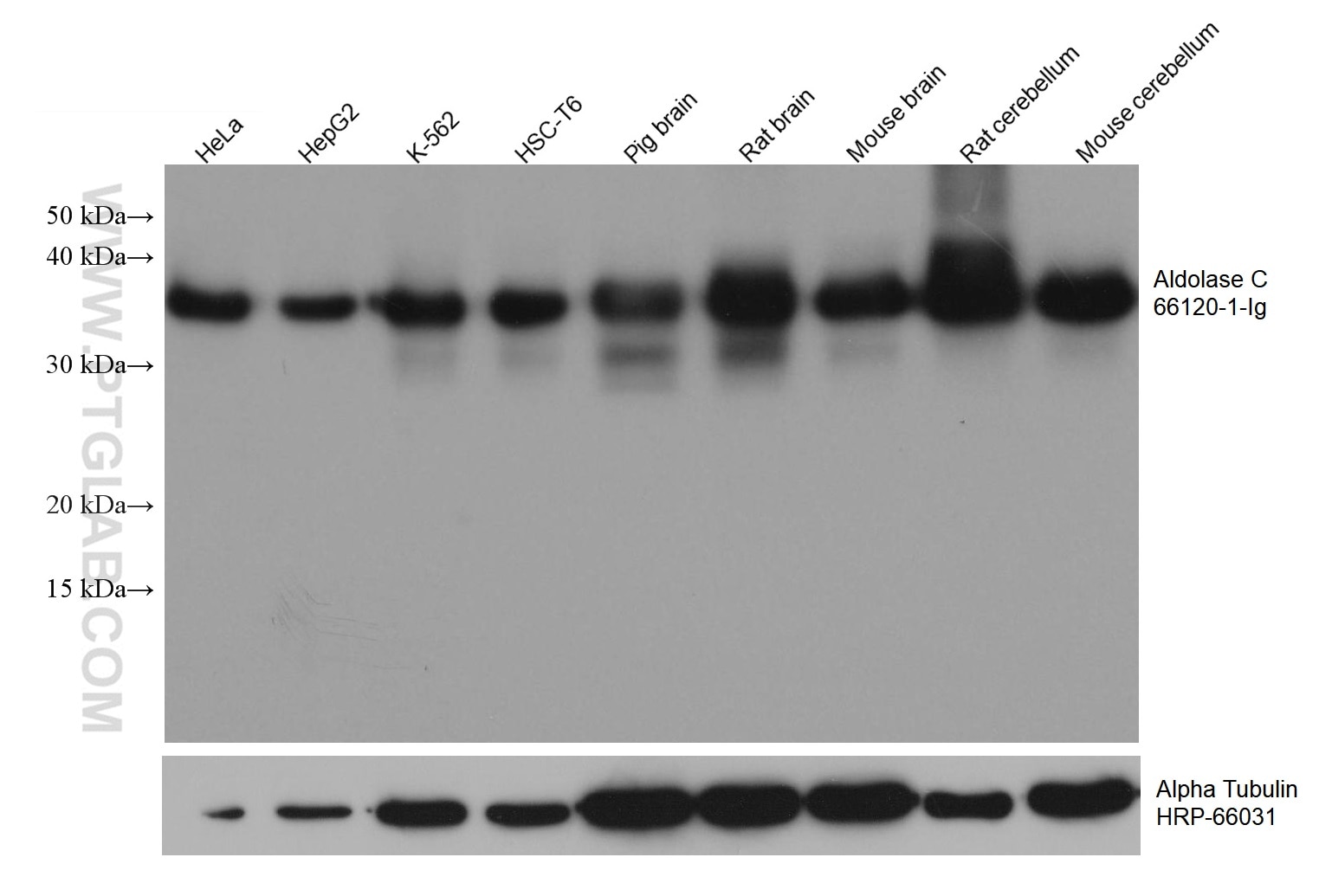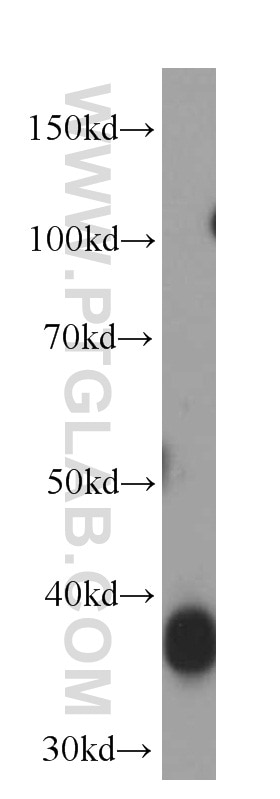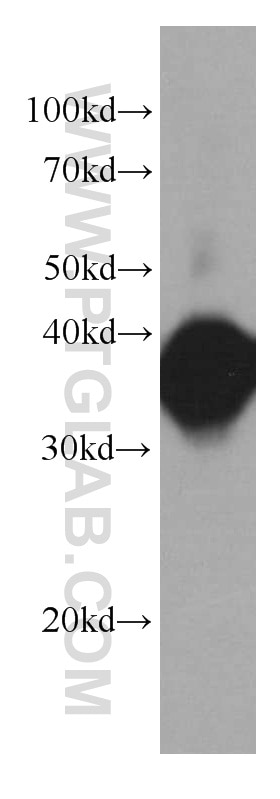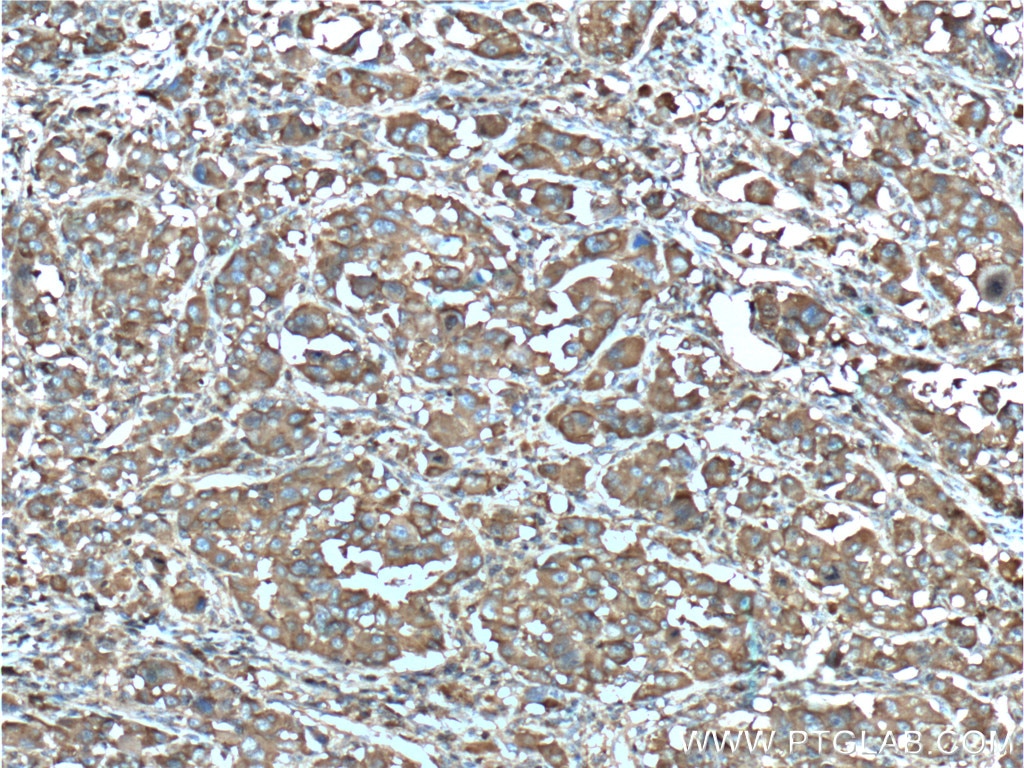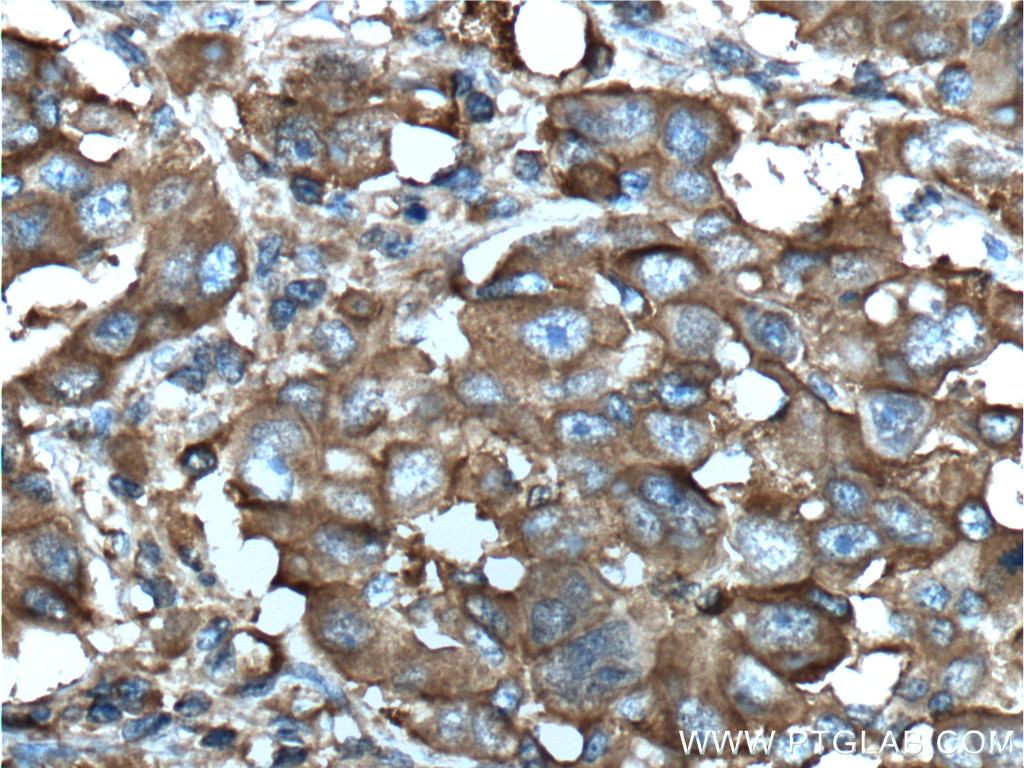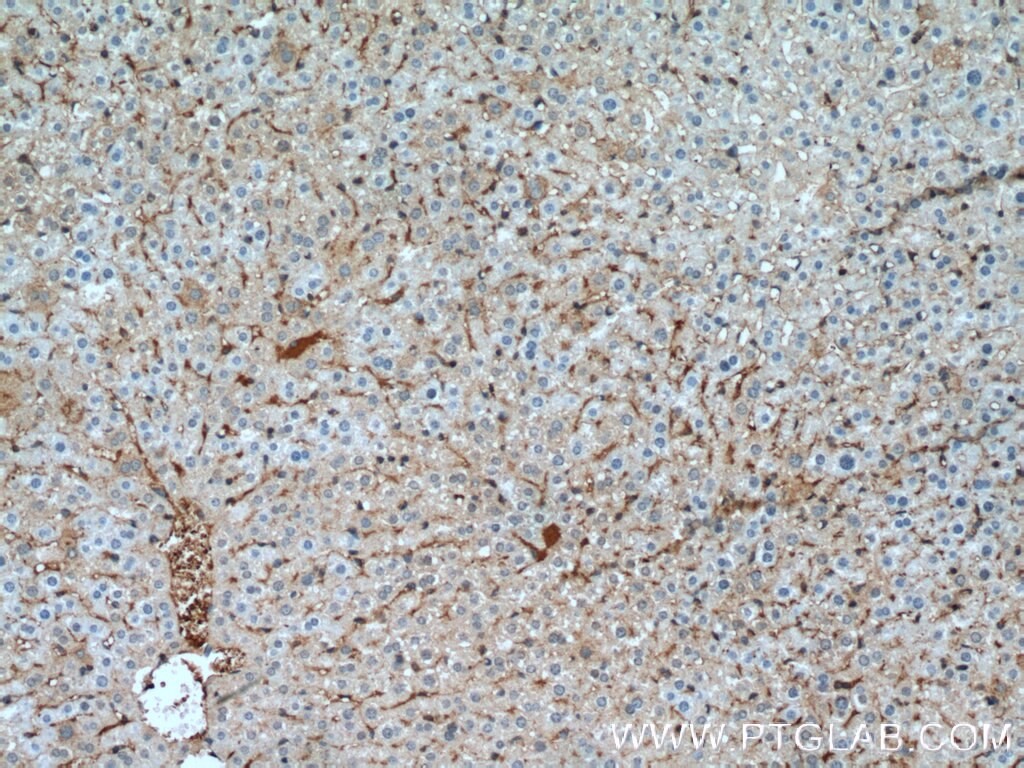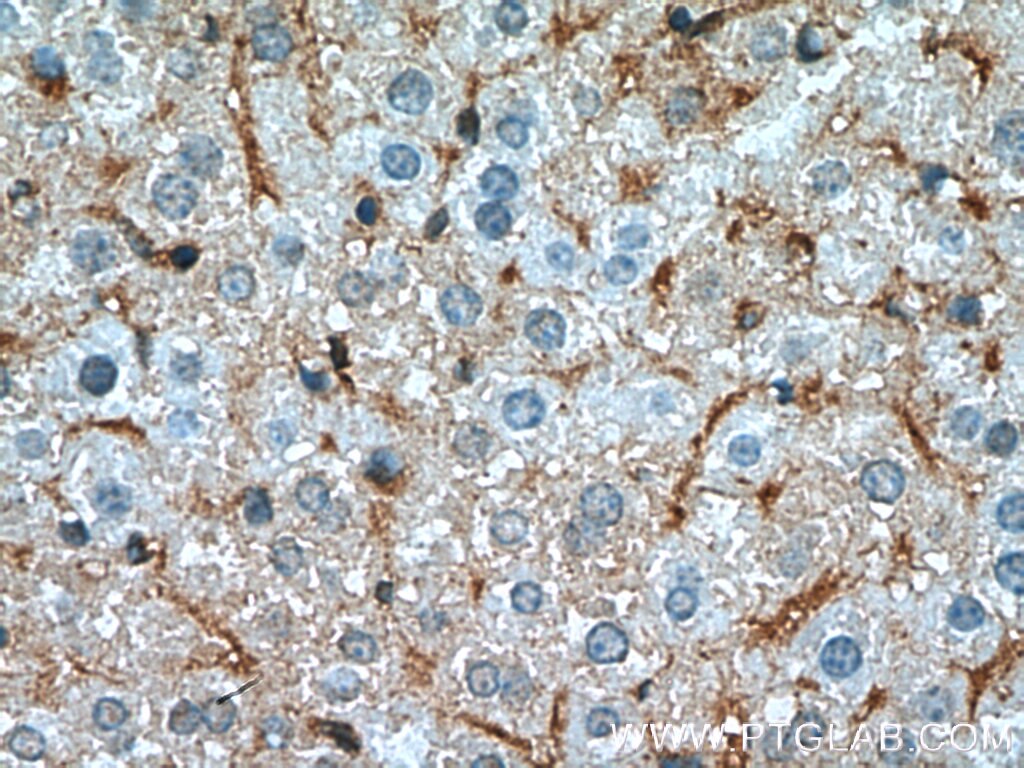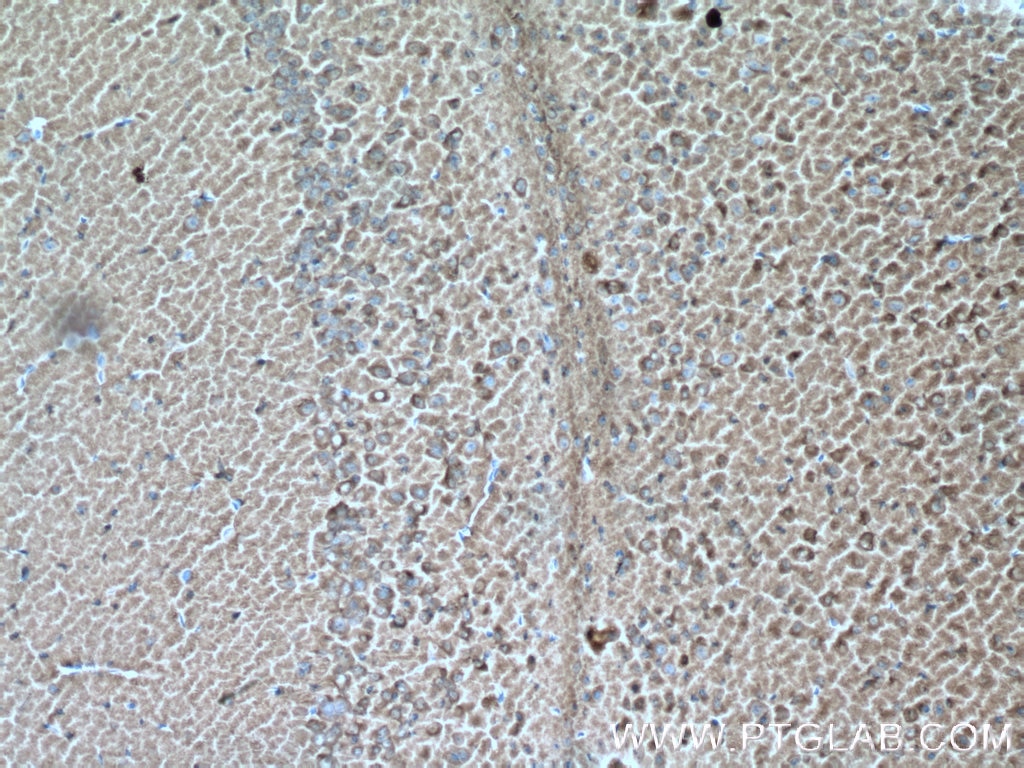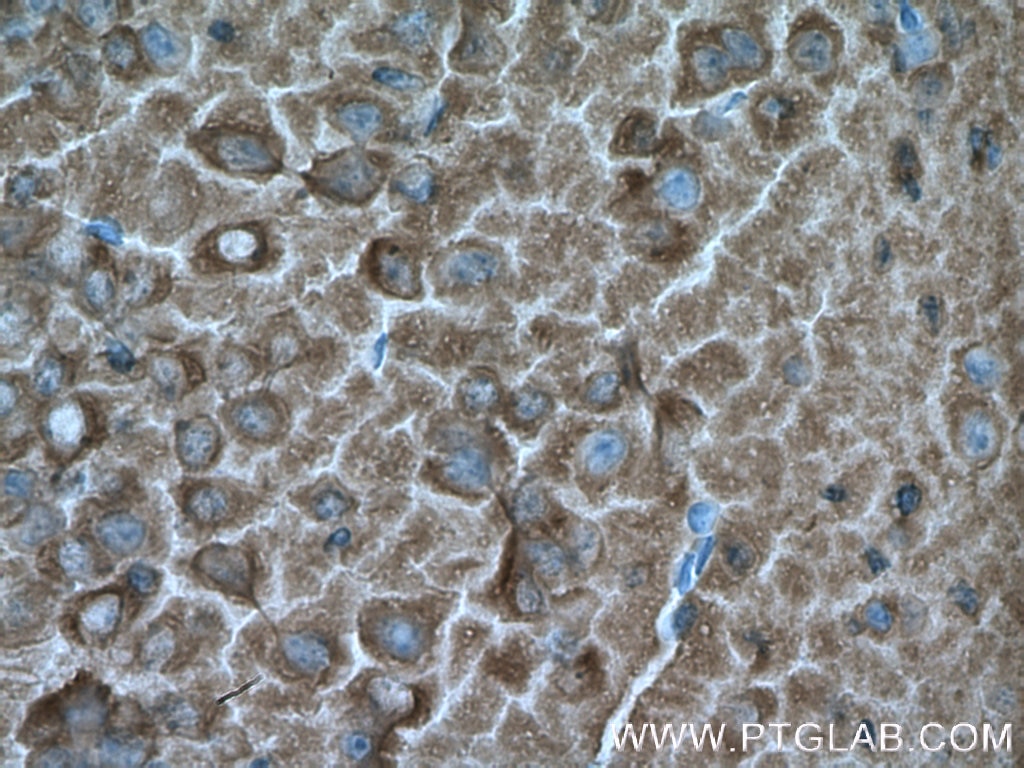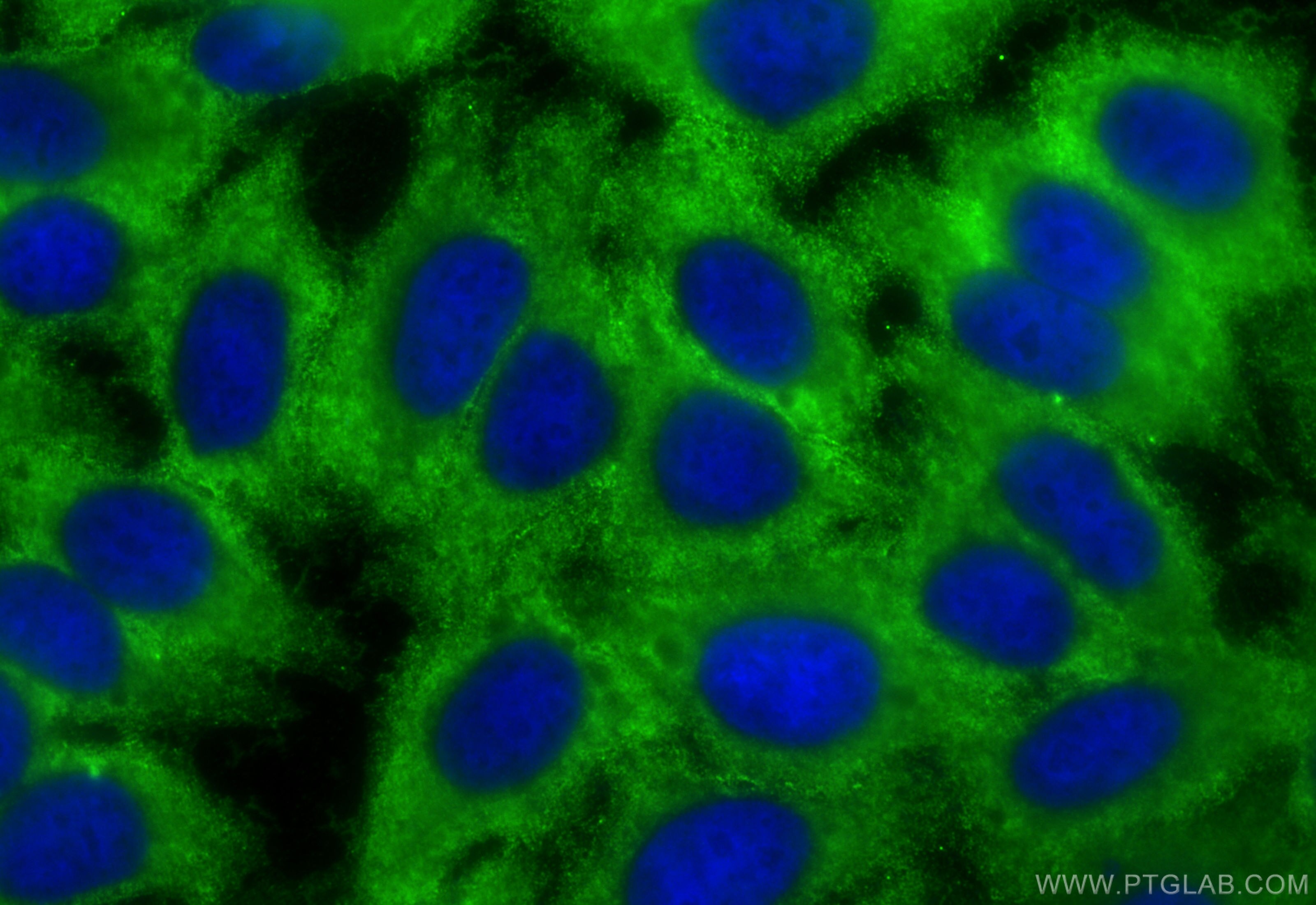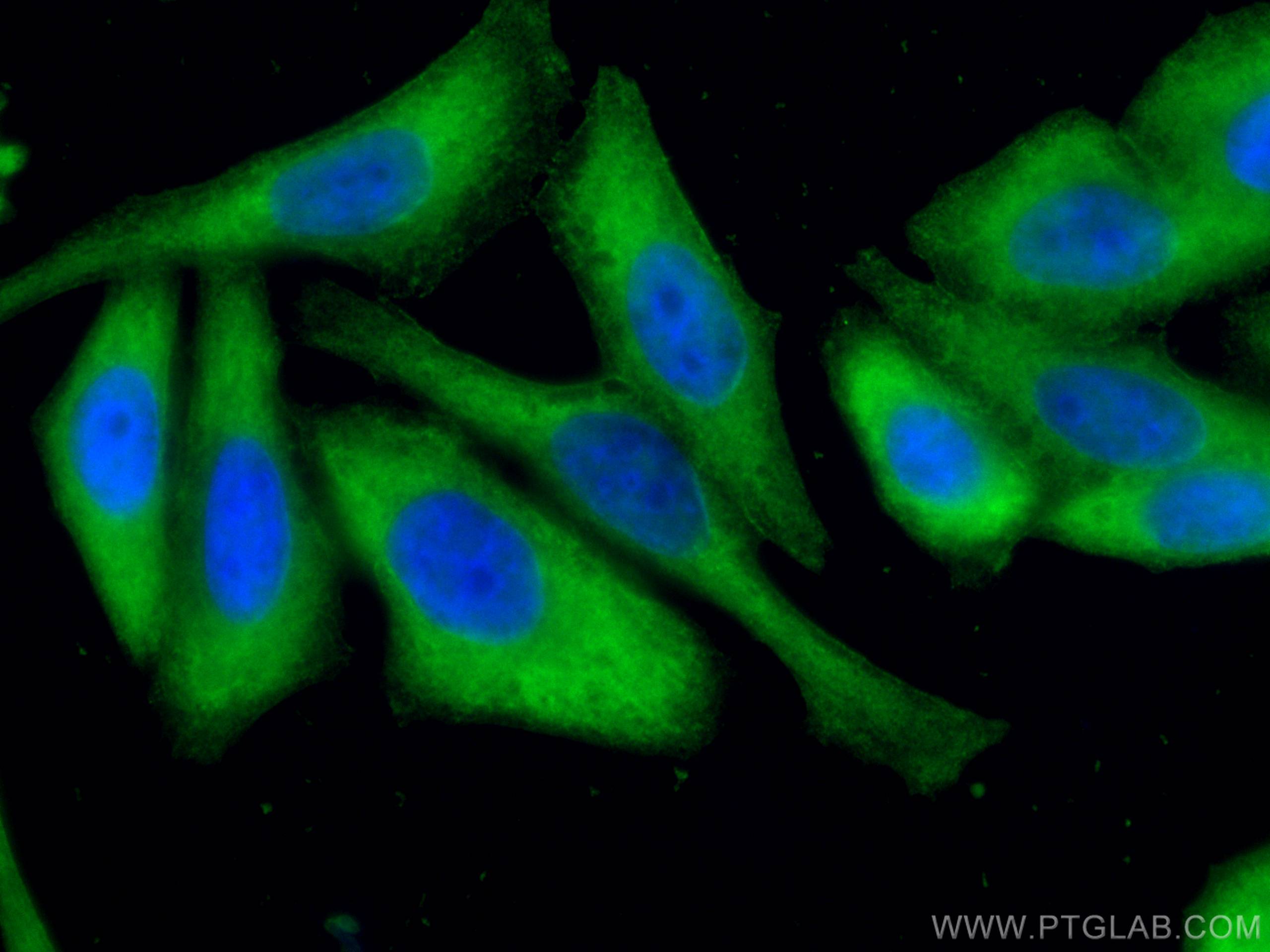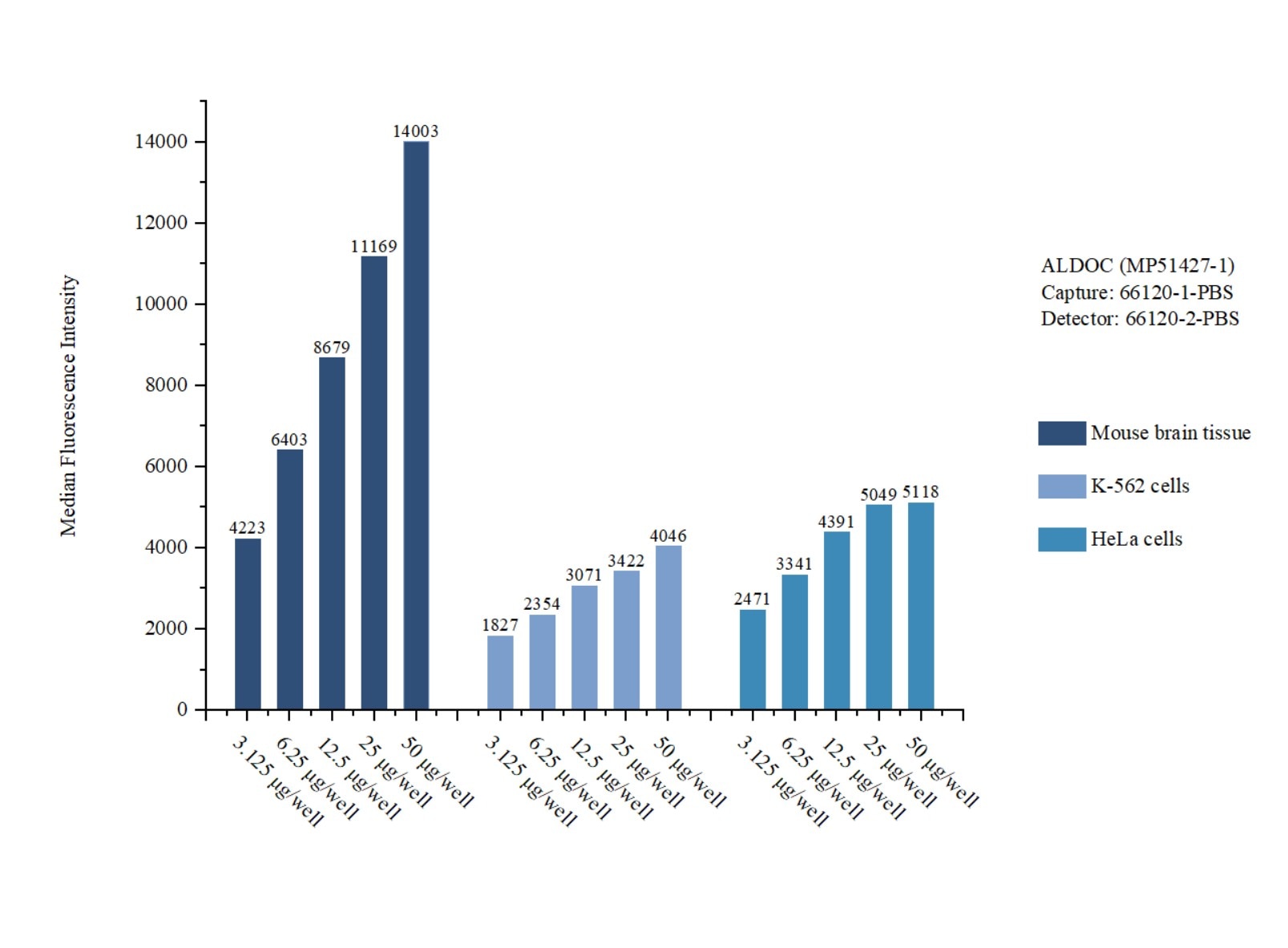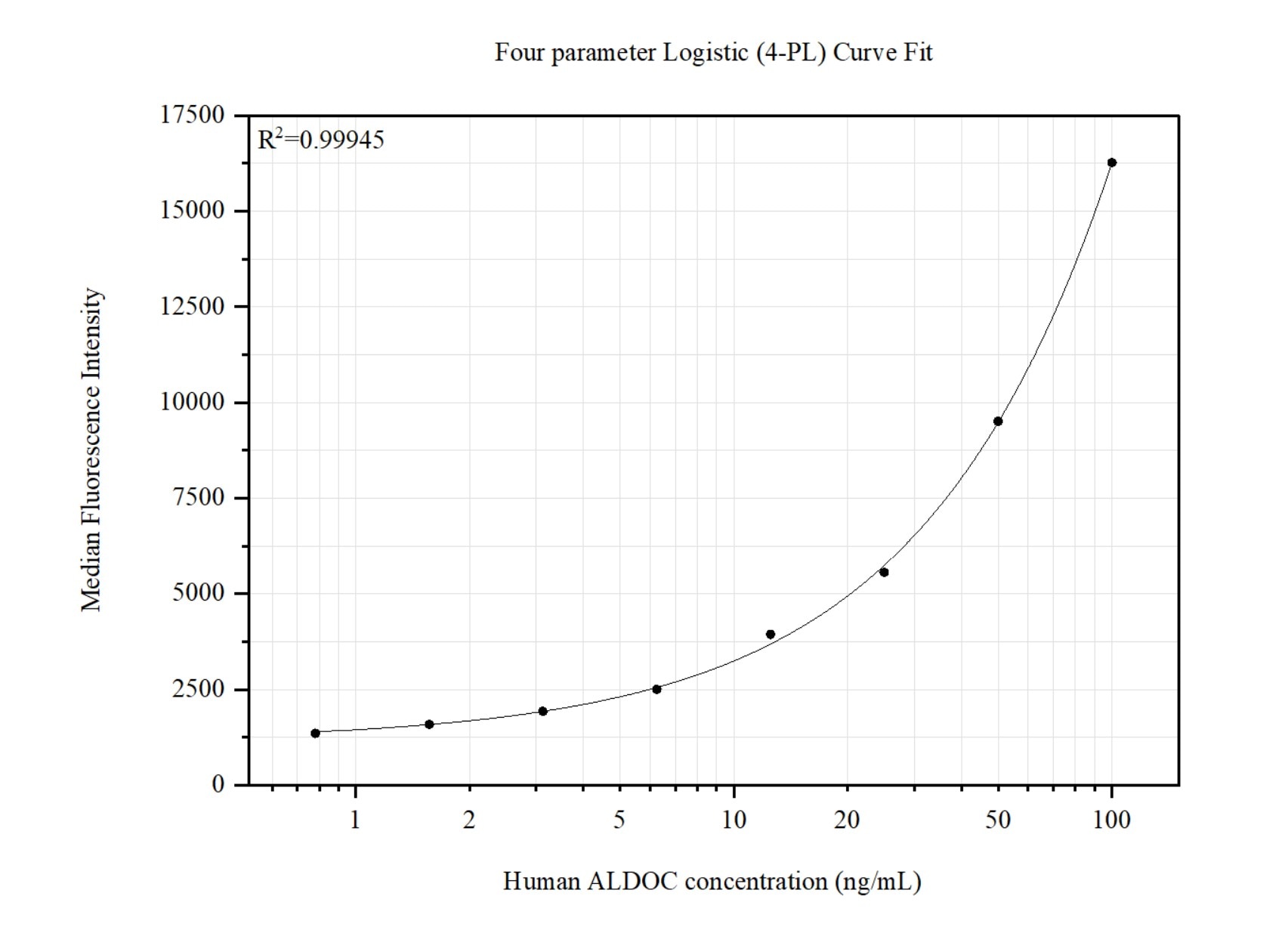Product Information
66120-1-PBS targets Aldolase C as part of a matched antibody pair:
MP51427-1: 66120-1-PBS capture and 66120-2-PBS detection (validated in Cytometric bead array)
Unconjugated mouse monoclonal antibody pair in PBS only (BSA and azide free) storage buffer at a concentration of 1 mg/mL, ready for conjugation.
This conjugation ready format makes antibodies ideal for use in many applications including: ELISAs, multiplex assays requiring matched pairs, mass cytometry, and multiplex imaging applications.Antibody use should be optimized by the end user for each application and assay.
| Tested Reactivity | human, mouse, rat, pig |
| Host / Isotype | Mouse / IgG1 |
| Class | Monoclonal |
| Type | Antibody |
| Immunogen |
CatNo: Ag6779 Product name: Recombinant human ALDOC protein Source: e coli.-derived, PET28a Tag: 6*His Domain: 1-364 aa of BC003613 Sequence: MPHSYPALSAEQKKELSDIALRIVAPGKGILAADESVGSMAKRLSQIGVENTEENRRLYRQVLFSADDRVKKCIGGVIFFHETLYQKDDNGVPFVRTIQDKGIVVGIKVDKGVVPLAGTDGETTTQGLDGLSERCAQYKKDGADFAKWRCVLKISERTPSALAILENANVLARYASICQQNGIVPIVEPEILPDGDHDLKRCQYVTEKVLAAVYKALSDHHVYLEGTLLKPNMVTPGHACPIKYTPEEIAMATVTALRRTVPPAVPGVTFLSGGQSEEEASFNLNAINRCPLPRPWALTFSYGRALQASALNAWRGQRDNAGAATEEFIKRAEVNGLAAQGKYEGSGEDGGAAAQSLYIANHAY Predict reactive species |
| Full Name | aldolase C, fructose-bisphosphate |
| Calculated Molecular Weight | 39 kDa |
| Observed Molecular Weight | 39 kDa |
| GenBank Accession Number | BC003613 |
| Gene Symbol | Aldolase C |
| Gene ID (NCBI) | 230 |
| RRID | AB_2881519 |
| Conjugate | Unconjugated |
| Form | Liquid |
| Purification Method | Protein G purification |
| UNIPROT ID | P09972 |
| Storage Buffer | PBS only, pH 7.3. |
| Storage Conditions | Store at -80°C. |
Background Information
Fructose-bisphosphate aldolase C (ALDOC) reversibly cleaves FBP and F1-P to glyceraldehyde 3-phosphate and dihydroxyacetone phosphate and is strongly expressed in mammalian brain together with ALDOA and is alsopresent in the heart and spleen of some species(PMID:9363598). It is involed in glycolysis as an important enzyme. Phospholipase D2 and inositol 1,4,5-triphosphate interact with ALDOC in signal transduction. Meanwhile, the protein expression of ALDOC has been reported to be regulated in brain tumor, hepatomas, and lung cancer(PMID:21548097).

